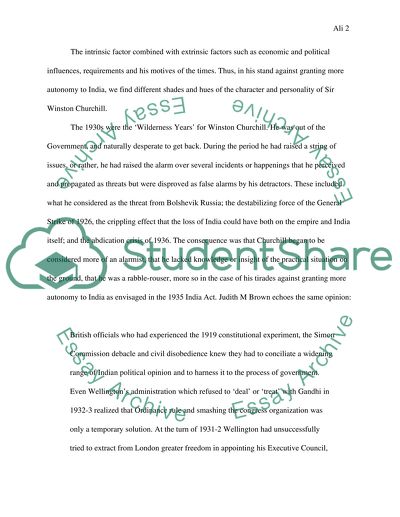Cite this document
(“Governmet's Indian Policy in 1930s Essay Example | Topics and Well Written Essays - 2000 words”, n.d.)
Governmet's Indian Policy in 1930s Essay Example | Topics and Well Written Essays - 2000 words. Retrieved from https://studentshare.org/miscellaneous/1511405-governmets-indian-policy-in-1930s
Governmet's Indian Policy in 1930s Essay Example | Topics and Well Written Essays - 2000 words. Retrieved from https://studentshare.org/miscellaneous/1511405-governmets-indian-policy-in-1930s
(Governmet'S Indian Policy in 1930s Essay Example | Topics and Well Written Essays - 2000 Words)
Governmet'S Indian Policy in 1930s Essay Example | Topics and Well Written Essays - 2000 Words. https://studentshare.org/miscellaneous/1511405-governmets-indian-policy-in-1930s.
Governmet'S Indian Policy in 1930s Essay Example | Topics and Well Written Essays - 2000 Words. https://studentshare.org/miscellaneous/1511405-governmets-indian-policy-in-1930s.
“Governmet'S Indian Policy in 1930s Essay Example | Topics and Well Written Essays - 2000 Words”, n.d. https://studentshare.org/miscellaneous/1511405-governmets-indian-policy-in-1930s.


